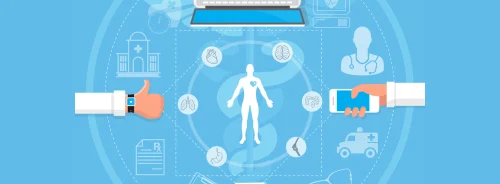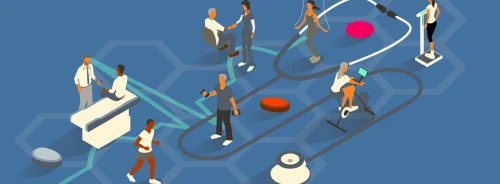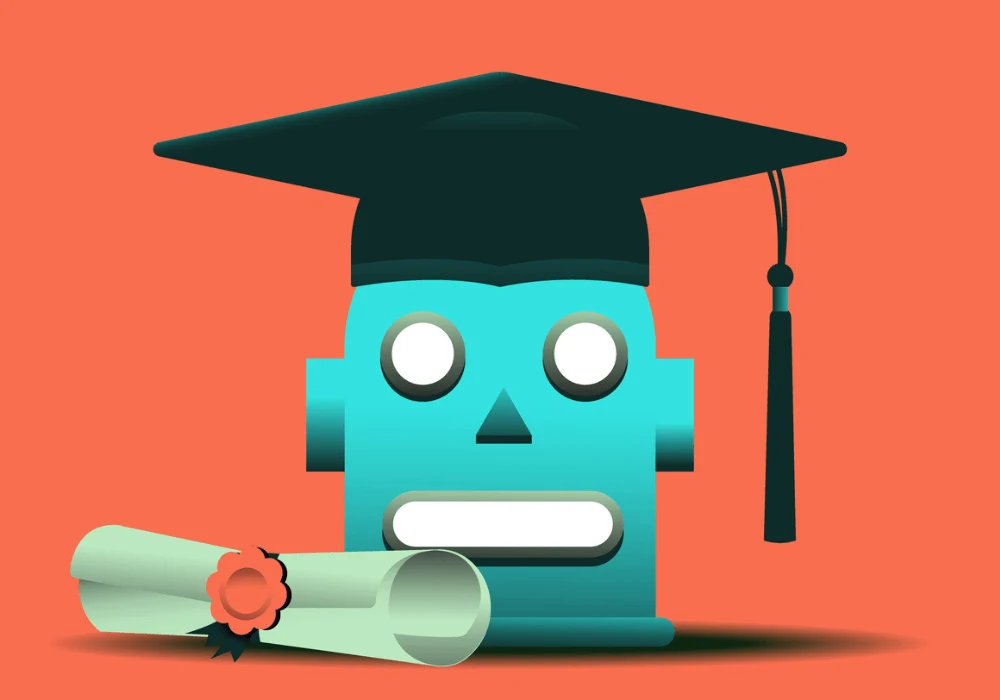Among the most prominent AI models, ChatGPT-4 has shown remarkable potential in tackling complex educational tasks, particularly in medical fields. With its ability to interpret and respond to both text and image-based questions, ChatGPT-4 is increasingly being explored as a tool to aid in the preparation for medical certification exams. This article examines the performance of ChatGPT-4 in the American Registry of Radiologic Technologists (ARRT) Radiography Certification Exam, assessing its strengths and limitations in handling different types of questions. A study recently published in Academic Radiology not only sheds light on the potential role of AI in enhancing educational outcomes for radiologic technologists but also instils a sense of hope and optimism about the future of AI in medical education.
ChatGPT-4's Performance on Text-Based vs. Image-Based Questions
One of the critical findings from the study was ChatGPT-4's varied performance on different types of questions. The AI model excelled in text-based questions, achieving an accuracy of 86.3%, which suggests that its natural language processing capabilities are well-suited for interpreting and responding to written content. However, the performance dropped significantly regarding image-based questions, with an accuracy of only 45.6%. This disparity highlights a fundamental limitation of current AI models like ChatGPT-4. While they are adept at processing and understanding textual information, they struggle with interpreting visual data, a crucial skill in radiology. The challenges AI faces in image interpretation underscore the urgent need for further advancements in this area to make AI a more reliable tool in medical education.
Performance Across Different Domains of the ARRT Exam
The ARRT Radiography Certification Exam is divided into four main domains: Safety, Image Production, Patient Care, and Procedures. ChatGPT-4's performance varied across these domains, with the highest accuracy observed in the Safety domain (72.6%) and the lowest in Procedures (53.4%). The AI performed moderately well in Image Production (70.6%) and Patient Care (67.3%). These results suggest that ChatGPT-4 is better equipped to handle questions that require knowledge of safety protocols and image production techniques than those that involve procedural knowledge. The lower performance in the Procedures domain may be attributed to the practical nature of these questions, which often require a deep understanding of hands-on techniques that AI models cannot yet simulate. This variation in performance across different domains underscores the current limitations of AI in providing comprehensive support for all aspects of medical education, highlighting the need for further research and improvement in this area.
The Impact of Question Difficulty on AI Performance
Another critical factor that influenced ChatGPT-4's performance was the difficulty level of the questions. The AI performed best on easy questions, with an accuracy of 78.5%, but its accuracy dropped to 65.6% for moderate questions and further to 53.7% for complex questions. This trend is consistent with the expectations that AI models, while capable of handling straightforward tasks, struggle with more complex problems that require advanced reasoning and problem-solving skills. The findings suggest that while ChatGPT-4 can be a valuable tool for reinforcing basic concepts, it may not yet be reliable for tackling the more challenging aspects of medical certification exams. This limitation should be taken into account by educators and students when integrating AI tools into exam preparation strategies.
Conclusion
The study of ChatGPT-4's performance in the ARRT Radiography Certification Exam provides valuable insights into AI's current capabilities and limitations in medical education. While the AI model demonstrates strong potential in processing and responding to text-based questions, it faces significant challenges in interpreting visual data and handling complex procedural questions. These findings highlight the need for continued advancements in AI, particularly in image processing and interpretation, to better support the diverse needs of medical students. As AI technology continues to evolve, it promises to become an increasingly valuable tool in medical education. Still, its current limitations must be carefully considered when integrating it into educational frameworks. Ultimately, the effective use of AI in medical education will require a balanced approach that leverages its strengths while addressing its weaknesses.
Source Credit: Academic Radiology
Image Credit: iStock






